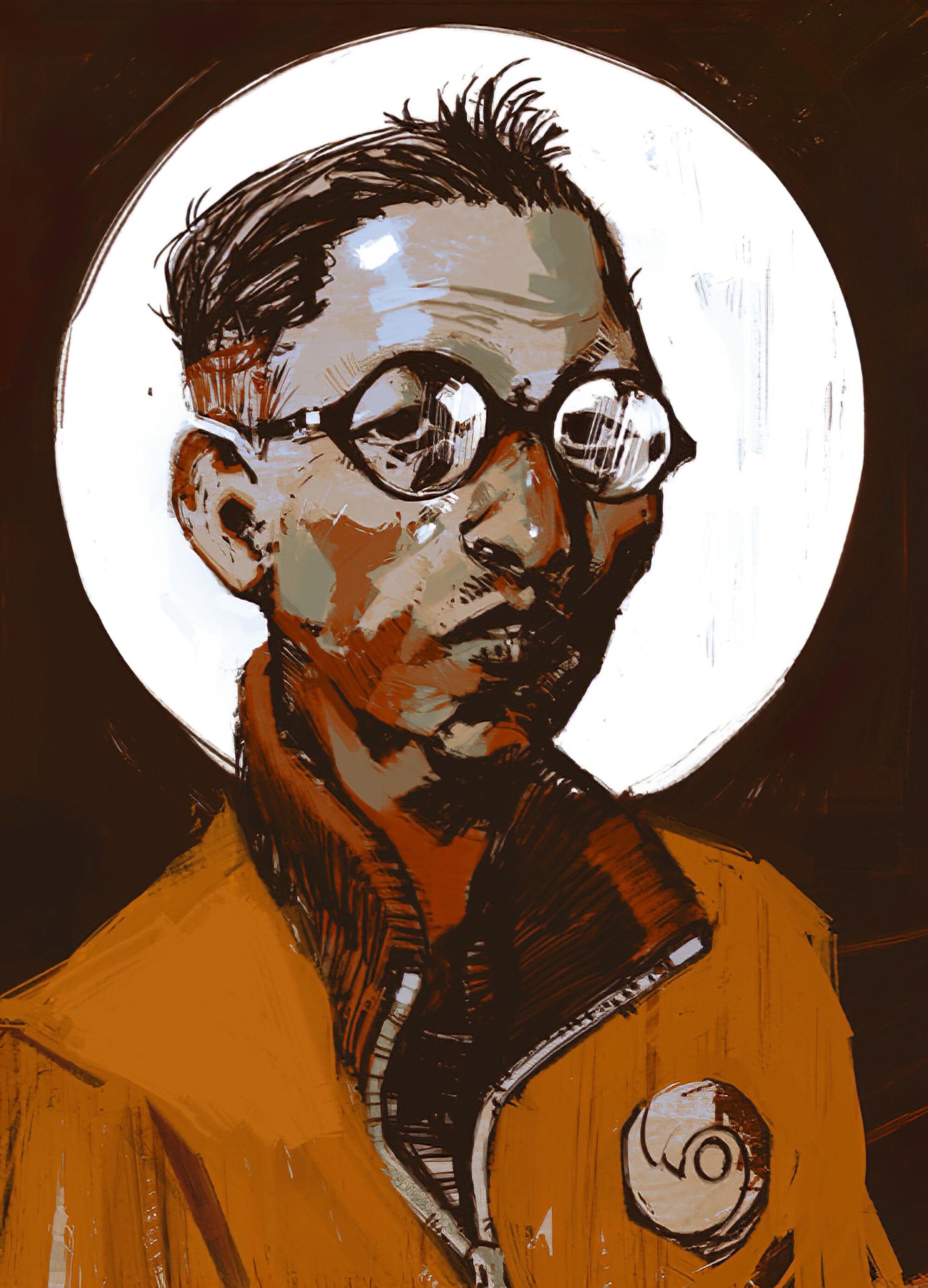- Why does China, a socialist country, have mega corporations like Tencent and Bytedance? Are they collectively owned by syndicates or unions? If this is a transitionary phase to socialism, can we trust China to actually enforce Socialism after this stage ends?
- Child Labor in factories: Myth or Fact? I have a Chinese friend who said he personally never worked as a child in China, but obviously if this was true not every single kid would have worked in a factory.
- Surveillance and Social Credit: are these myths, or are they true? Why would China go so far to implement these systems, surely it'd be far too costly and burdensome for whatever they'd gain from that.
- Uighur Muslim genocide: Is this true?
Thank you to anyone who answers, and if you do please cite sources so I can look further into China. I really appreciate it.
edit: I was going to ask about Tiananmen Square, but as it turns out that literally just didn't happen. https://www.telegraph.co.uk/news/worldnews/wikileaks/8555142/Wikileaks-no-bloodshed-inside-Tiananmen-Square-cables-claim.html
https://leohezhao.medium.com/notes-for-30th-anniversary-of-tiananmen-incident-f098ef6efbc2
https://www.cbsnews.com/news/there-was-no-tiananmen-square-massacre/


I think what you and other folks could do with realising more is that China is an absolutely massive country with a population far exceeding that of somewhere like the US. The answer to all of your questions except maybe (1) is “it’s complicated”. There are massive differences not only between rural and urban areas, but also large deltas between policy, compliance, and enforcement, in almost all areas. The life of, say, a young professional in Shanghai is closer to a similar lifestyle in London or Toronto than it is to that of a migrant construction worker in the same city, whose lifestyle is vastly removed again from that of a traditional village dweller in Xinjiang. For each of those there will be different levels of policy, compliance, and enforcement when it comes to something like surveillance, religious practices, or age of entering the workforce. You won’t get any real understanding of China by abstractions or generalisations, or even by reading policies or laws (and that applies to both detractors and supporters).
deleted by creator
I don't know much, but from what little I know that tracks. My understanding is that local governments send information up and higher authorities send resources and policy down. Policy implementation is the responsibility of local governments at fairly devolved levels.
Which was arguably one of the biggest issues with their covid response, it caused inconsistent restrictions and support programs in different areas
I’d still have killed for a fraction of that response by the US, but that was what people in China were complaining about
That statement by Blyth has also stuck with me for years, I do think I've seen it sourced though that something like 20% of government spending is executed by the central government and 80% by the regional governments down.
This is from the CSIS article, which is obviously an anti-China ghoul think tank, but the source cited is the Chinese Ministry of Finance.